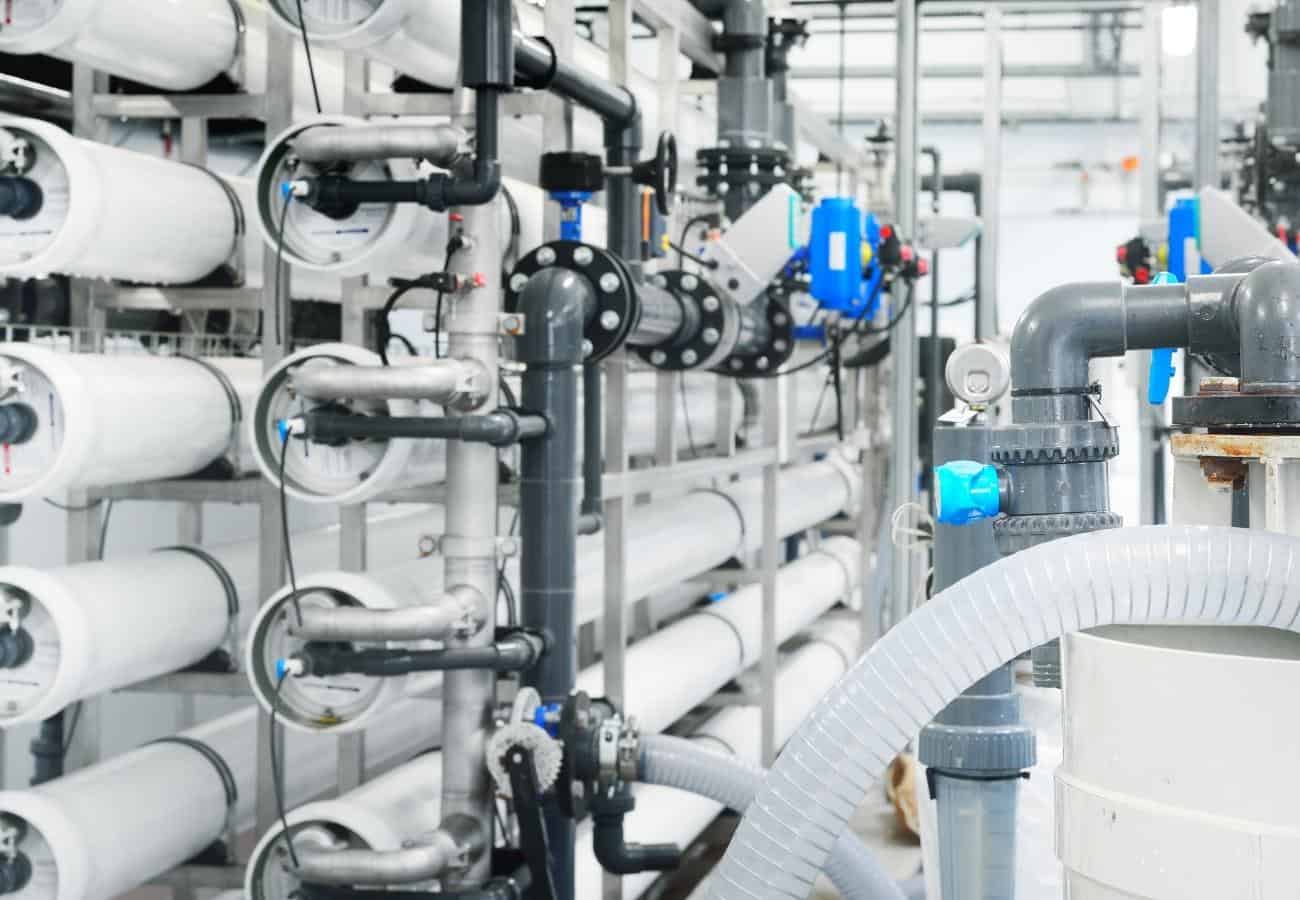Access to clean and safe water is essential for human health, environmental sustainability, and economic development. With the increasing global population and industrial activities, the demand for clean water is more pressing than ever. In response to this challenge, water treatment plant companies are constantly innovating and investing in cutting-edge technologies to provide efficient and effective clean water solutions.

The Importance of Clean Water
Clean water is essential for various aspects of life, including:
Human Health
- Drinking water free from contaminants prevents waterborne diseases and promotes overall health.
- Clean water is crucial for sanitation and hygiene practices.
Environmental Sustainability
- Protects aquatic ecosystems and wildlife habitats.
- Reduces pollution and water wastage.
Economic Development
- Supports agriculture, industry, and tourism sectors.
- Ensures a sustainable supply of water for various economic activities.
Advanced Technologies in Water Treatment Plants
Leading water treatment plant companies are at the forefront of innovation, incorporating advanced technologies into their processes to enhance efficiency and effectiveness. Some of the cutting-edge technologies employed include:
Membrane Filtration
- Utilizes semi-permeable membranes to remove contaminants, bacteria, and impurities from water.
- Includes microfiltration, ultrafiltration, nanofiltration, and reverse osmosis processes.
UV Disinfection
- Uses ultraviolet light to deactivate and destroy harmful microorganisms, such as bacteria and viruses, in water.
- An environmentally friendly and chemical-free method of disinfection.
Advanced Oxidation Processes (AOPs)
- Utilizes powerful oxidants, such as ozone and hydrogen peroxide, to break down organic and inorganic contaminants in water.
- Effective for removing emerging contaminants and persistent pollutants.
Sustainability and Energy Efficiency
Water treatment plant companies are increasingly focusing on sustainability and energy efficiency in their operations. By adopting green technologies and practices, these companies aim to reduce their environmental footprint and promote long-term sustainability. Some initiatives include:
Energy Recovery Systems
- Utilizes innovative technologies, such as membrane bioreactors and reverse osmosis systems, to recover and reuse energy from the treatment process.
- Reduces energy consumption and operational costs.
Renewable Energy Sources
- Integration of solar panels, wind turbines, and hydropower systems to generate clean and renewable energy for water treatment plants.
- Reduces reliance on fossil fuels and lowers greenhouse gas emissions.
Water Reuse and Recycling
- Implements advanced water reuse systems to treat and recycle wastewater for non-potable uses, such as irrigation and industrial processes.
- Conserves water resources and reduces the strain on freshwater supplies.
Addressing Emerging Challenges
Water treatment plant companies are also actively working to address emerging challenges in water treatment and management. Some of the key focus areas include:
Emerging Contaminants
- Research and development of innovative treatment technologies to remove emerging contaminants, such as pharmaceuticals and microplastics, from water sources.
- Collaboration with regulatory bodies and research institutions to monitor and mitigate the impacts of emerging contaminants.
Climate Change Resilience
- Adoption of climate-resilient water treatment technologies and infrastructure to mitigate the impacts of climate change, such as extreme weather events and droughts.
- Implementation of water conservation measures and sustainable water management practices to enhance resilience in the face of changing climate patterns.
Smart Water Management
- Integration of IoT devices, sensors, and data analytics to optimize water treatment processes, monitor water quality in real-time, and improve operational efficiency.
- Development of smart water networks and predictive modeling tools to predict and prevent water quality issues before they occur.
Conclusion
Revolutionizing clean water solutions is a collective effort that requires innovation, collaboration, and a commitment to sustainability. Leading water treatment plant companies are playing a vital role in advancing the field of water treatment through the adoption of cutting-edge technologies, sustainable practices, and proactive measures to address emerging challenges. By investing in these innovations and practices, we can ensure a cleaner, safer, and more sustainable water future for generations to come.
